In the bustling manufacturing world, artificial intelligence (AI) has become the silent powerhouse behind the scenes of innovation, pushing boundaries and redefining production norms.
Imagine stepping into factories where the air buzzes with the silent conversations of machines, where production lines adjust in real time without a human touch, and where products are born from the seamless dance of data and automation. This is not the future; this is the present, powered by AI solutions for manufacturing.
Next, we’ll explore seven groundbreaking cases where AI made a mark and set new manufacturing benchmarks. Let’s begin.
Predictive Maintenance Transforms the Game with Siemens and General Electric
Enter the age where machines have the foresight of an oracle, predicting their hiccups before they happen. This isn't a feat of magic but one of intelligence, the artificial kind, brought into the spotlight by pioneers like Siemens and General Electric.
They've taught machines to self-diagnose, signaling for help before troubles brew. This shift from routine checks to proactive care means machines get attention exactly when needed, optimizing productivity and slashing downtime.
Imagine the savings in time and money when a factory operates like a well-oiled machine, quite literally. This is predictive maintenance, a strategy that prevents breakdowns, extends the machinery's lifespan, and ensures that production never skips a beat.
BMW's Revolutionary Approach to Quality Control
Gone are the days of endless manual inspections and the inevitable human error. BMW is leading a revolution in quality control, implementing AI to scrutinize every detail with unparalleled precision.
This system works tirelessly, comparing countless images of products against the gold standard, ensuring each part is perfect. The result? A significant dip in defects and a monumental leap in efficiency.
This AI-driven vigilance means BMW can trust that every product that rolls off the line meets its high standards while also setting a new benchmark in manufacturing excellence. It's a shining example of how technology elevates quality control from a challenge to a guarantee.
Intel's Strategic Mastery Over Supply Chain Optimization
In the complex dance of supply chain management, Intel has stepped up as a maestro, wielding AI like a conductor's baton to harmonize the intricate movements of supply and demand.
This technology delves deep into data, forecasts needs, and optimizes inventory with a finesse once deemed impossible. The result is a supply chain that's responsive but almost proactive, ready to meet market demands with the right products at the right time.
This strategic advantage ensures that Intel remains a step ahead, maximizing resources, minimizing waste, and delivering on promises with unparalleled efficiency.
Bosch Ignites the Smart Manufacturing Revolution
Welcome to Bosch's smart factories, where AI and IoT unite to create an ecosystem of self-optimizing machines. Production lines think for themselves in this visionary setup, making adjustments on the fly to optimize for speed, quality, and efficiency.
This interconnected web of intelligence means that every element of the manufacturing process constantly learns and improves, paving the way for leaps in productivity that redefine what's possible.
Bosch's bold foray into smart manufacturing not only showcases the potential of AI in transforming operations but also serves as a beacon for industries aiming to harness the power of digital innovation.
Google and DeepMind AI: Pioneers in Energy Efficiency
Imagine slashing energy consumption without compromising on output. With its DeepMind AI, Google has turned this into reality, redefining energy management in the process. By analyzing complex data patterns and adjusting cooling systems in real time, they've achieved monumental savings, setting a new standard in sustainability.
This approach exemplifies how AI can be a force for good, optimizing operations while protecting the planet. It's a win-win scenario where technological advancement meets environmental stewardship, proving that efficiency and sustainability can go hand in hand.
Adidas Races into the Future with AI-Driven Customization
Adidas is breaking the mold with its innovative approach to product customization, leveraging AI to tailor products to individual preferences. This leap from mass production to personalized creation marks a new era in manufacturing, where each customer's unique desires are recognized and celebrated.
Through AI, Adidas can swiftly analyze feedback and preferences, translating them into bespoke products that resonate on a personal level. This transformative approach elevates the customer experience and positions Adidas at the forefront of a trend reshaping the retail landscape: the move toward customization and personalization.
Fanuc Redefines the Role of Robotics in Manufacturing
Fanuc's robotic innovations are a testament to the transformative power of AI in automation. These are not your typical robots; they're learners, improvers, collaborators. Equipped with AI, Fanuc's robots can adapt to new tasks, refine their techniques, and work alongside humans with unprecedented efficiency.
This evolution in robotics is changing the face of manufacturing, opening up new possibilities for efficiency, precision, and safety. It's a glimpse into a future where human creativity and robotic precision create a new standard of excellence in manufacturing, highlighting the endless potential of AI-driven innovation.
Conclusion
The integration of AI solutions for manufacturing is not merely an enhancement; it's a revolution reshaping the industry landscape. From the predictive insights of Siemens and General Electric to Adidas' customized creations, AI is proving to be the driving force behind a new era of efficiency, innovation, and customization in manufacturing.
As these technologies continue to evolve, they promise to unlock even greater possibilities, making the future of manufacturing automated and truly intelligent.





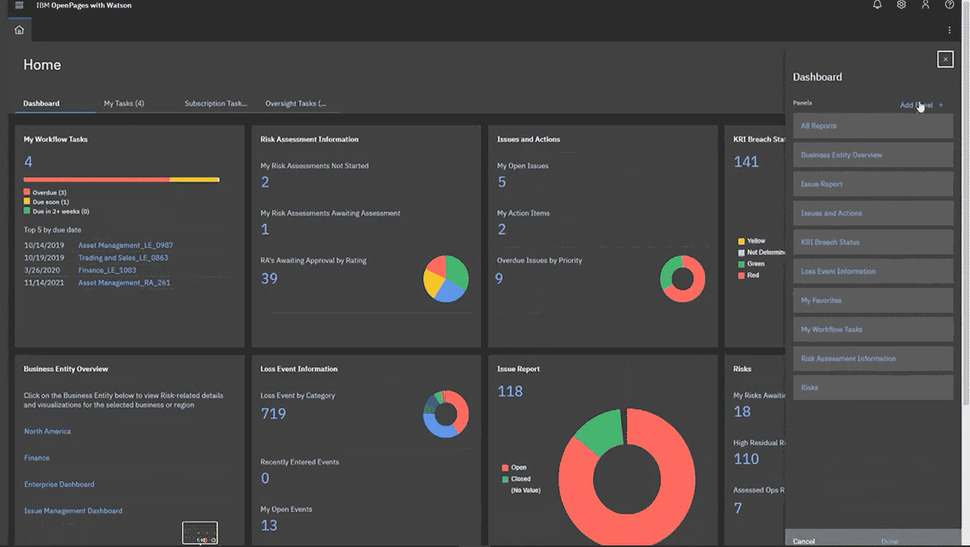




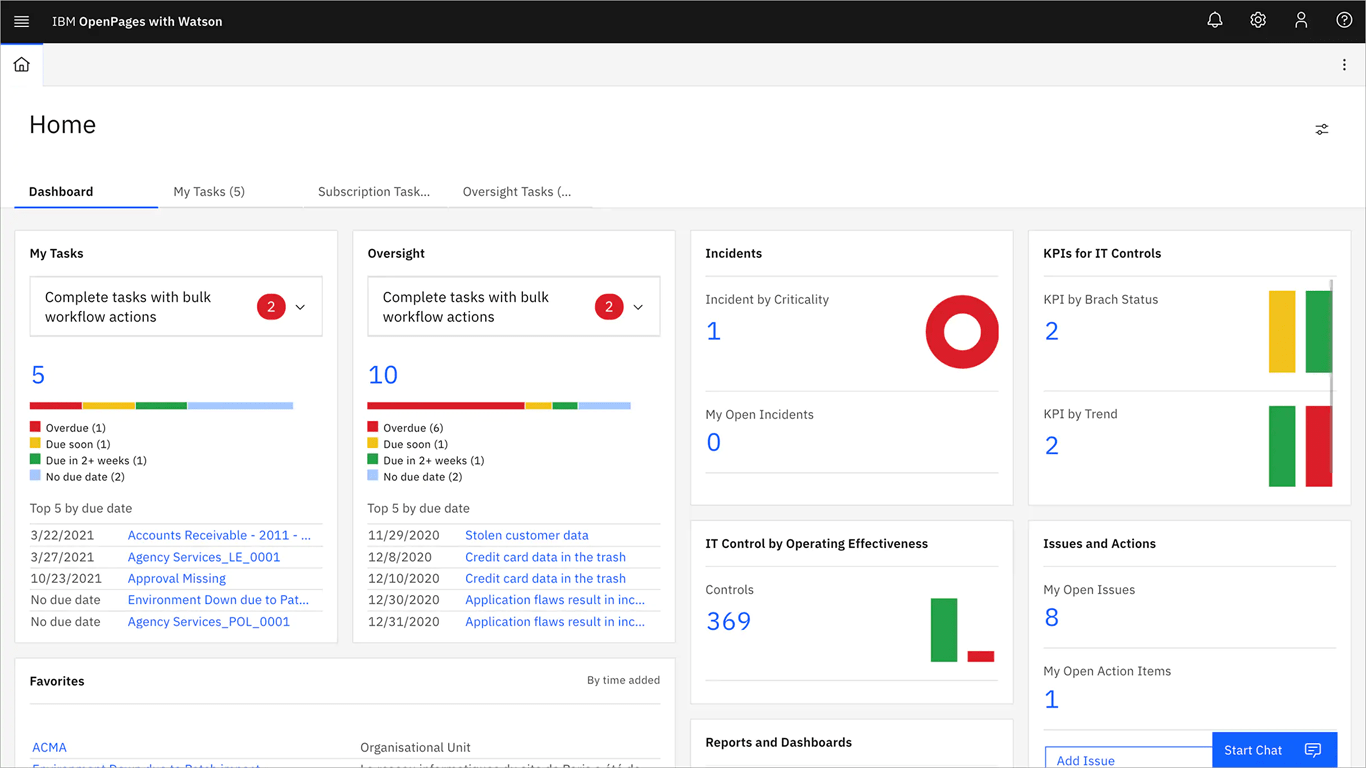

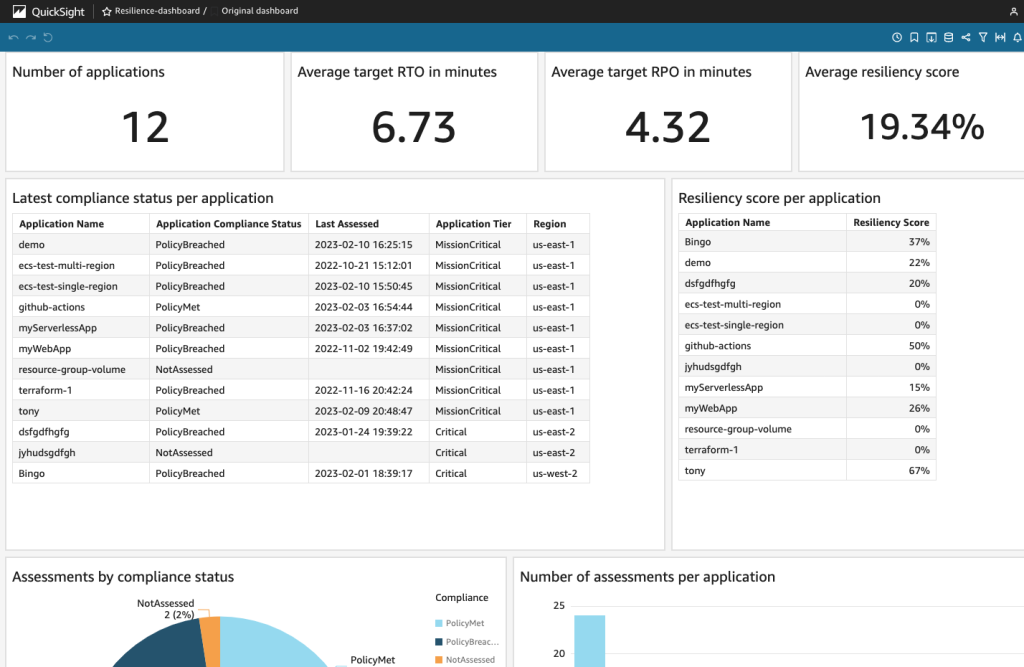
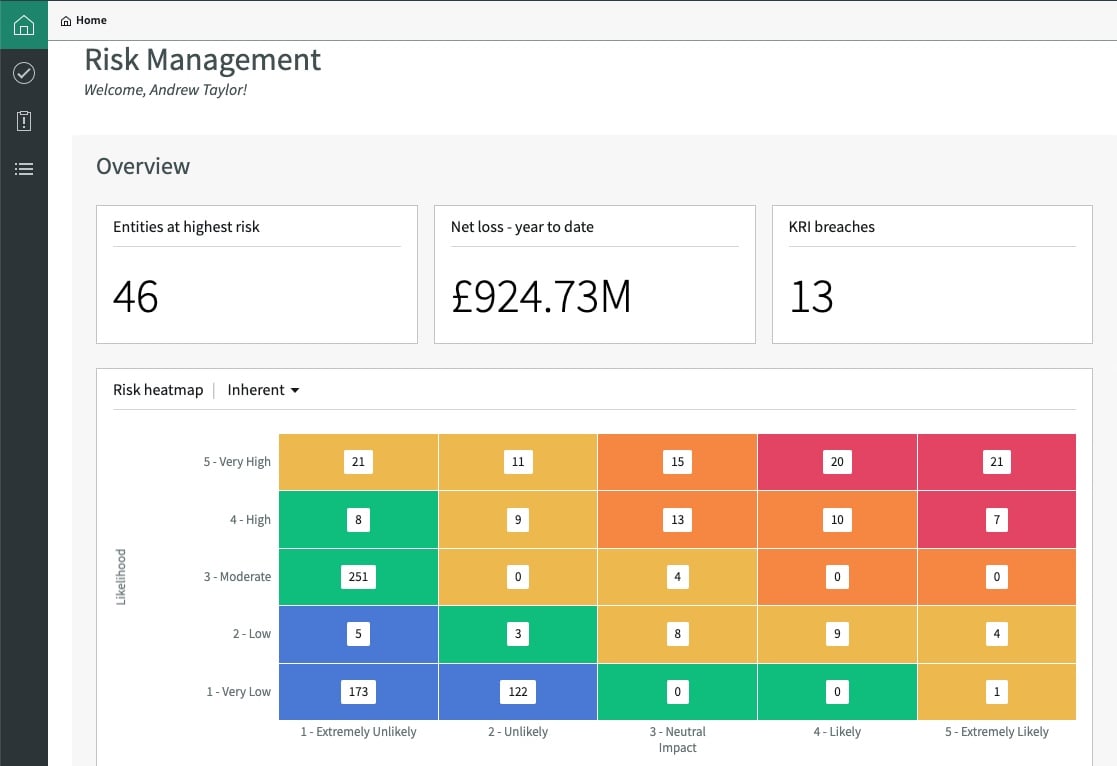






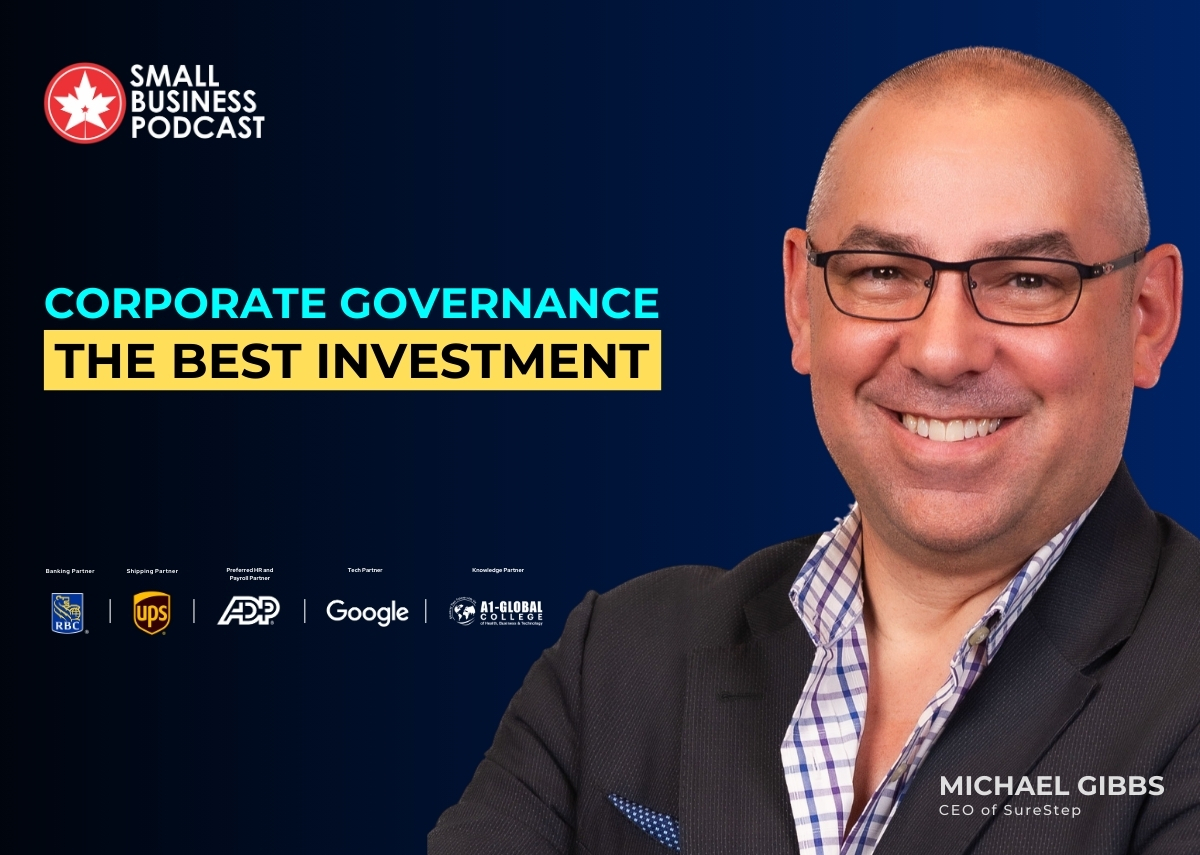
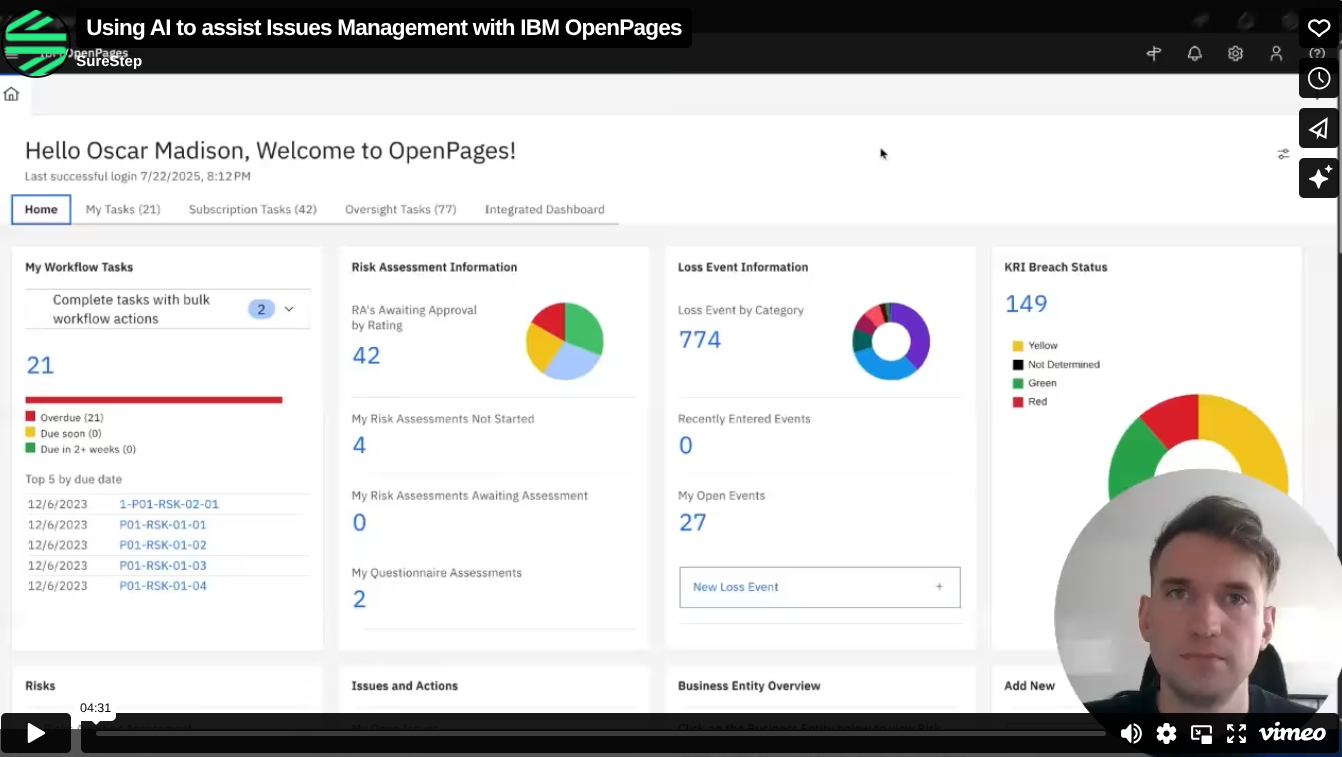
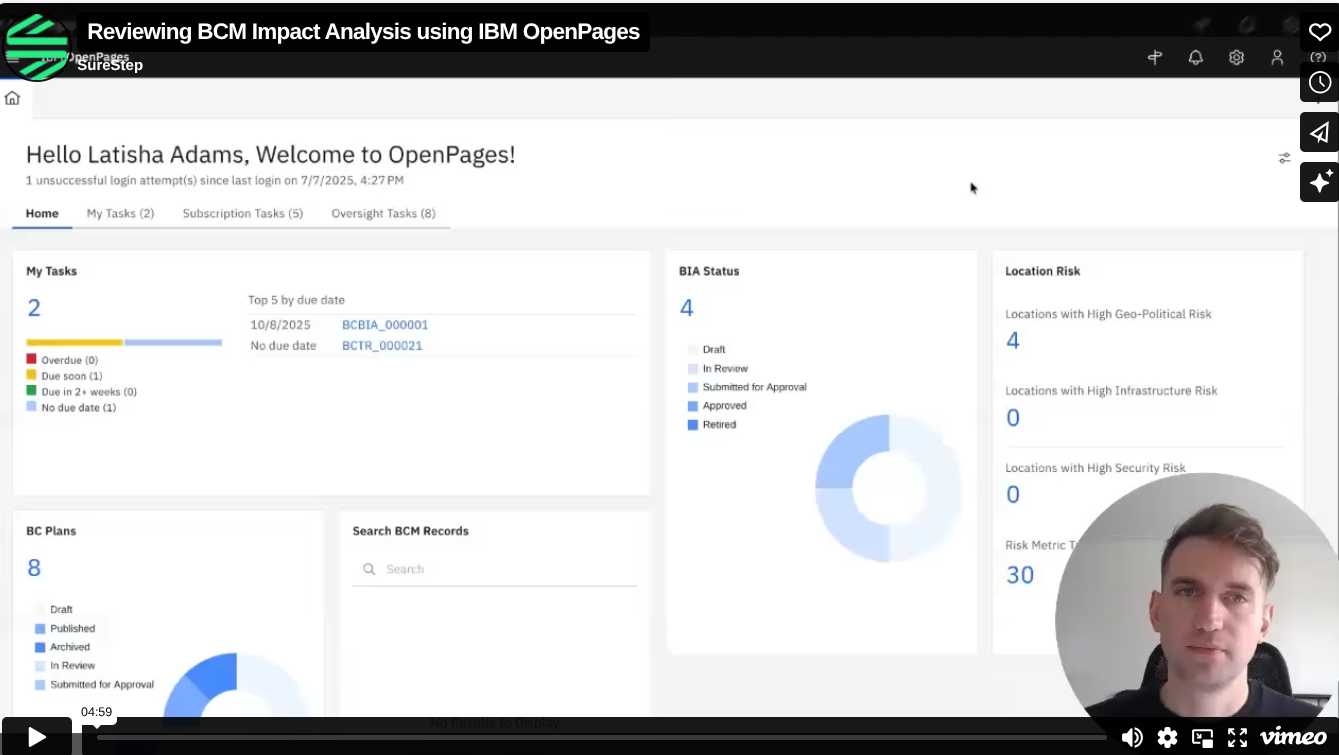






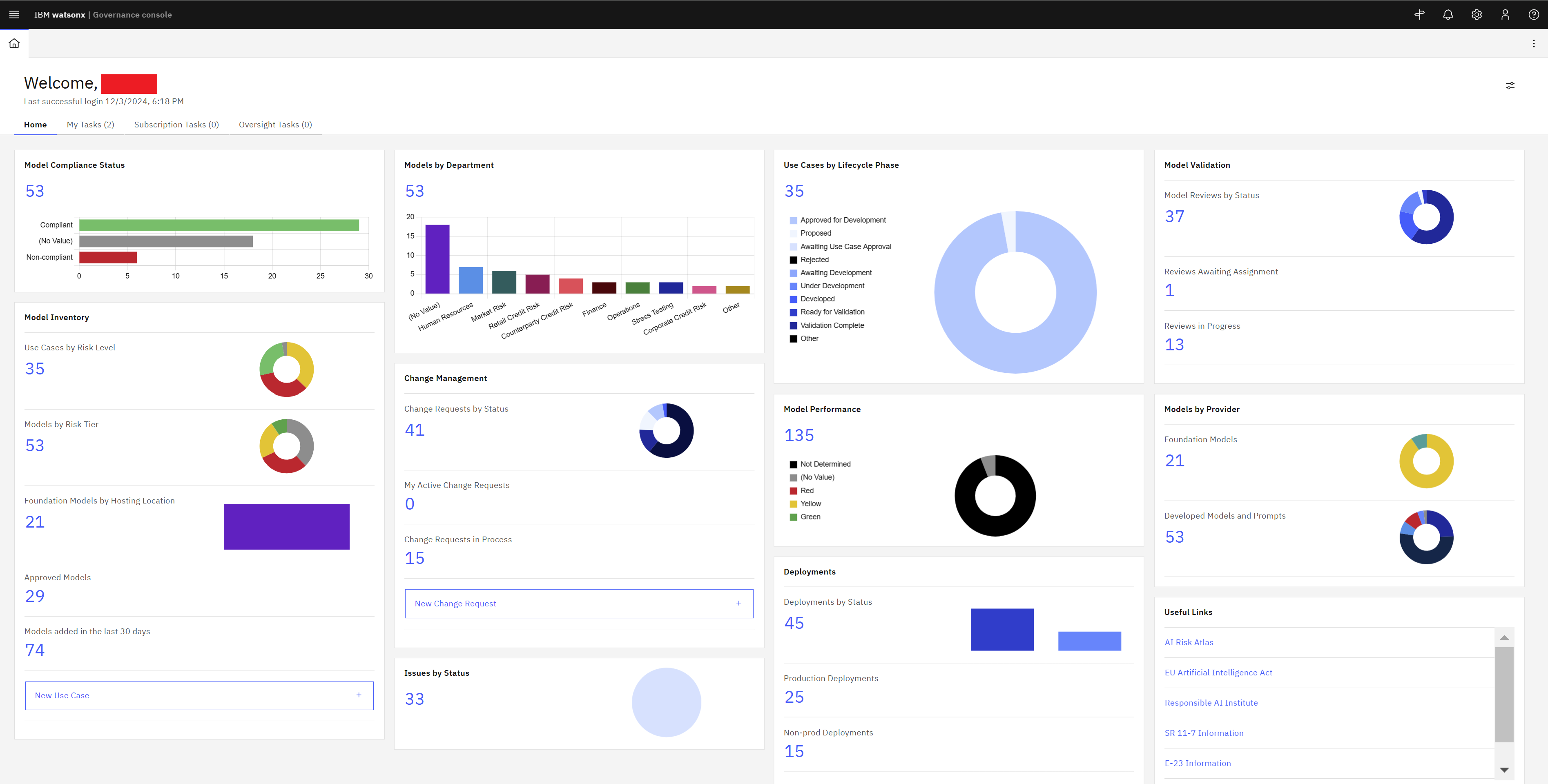
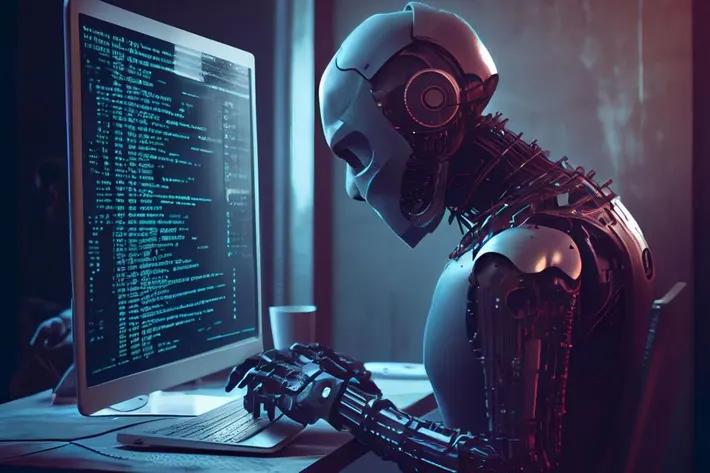
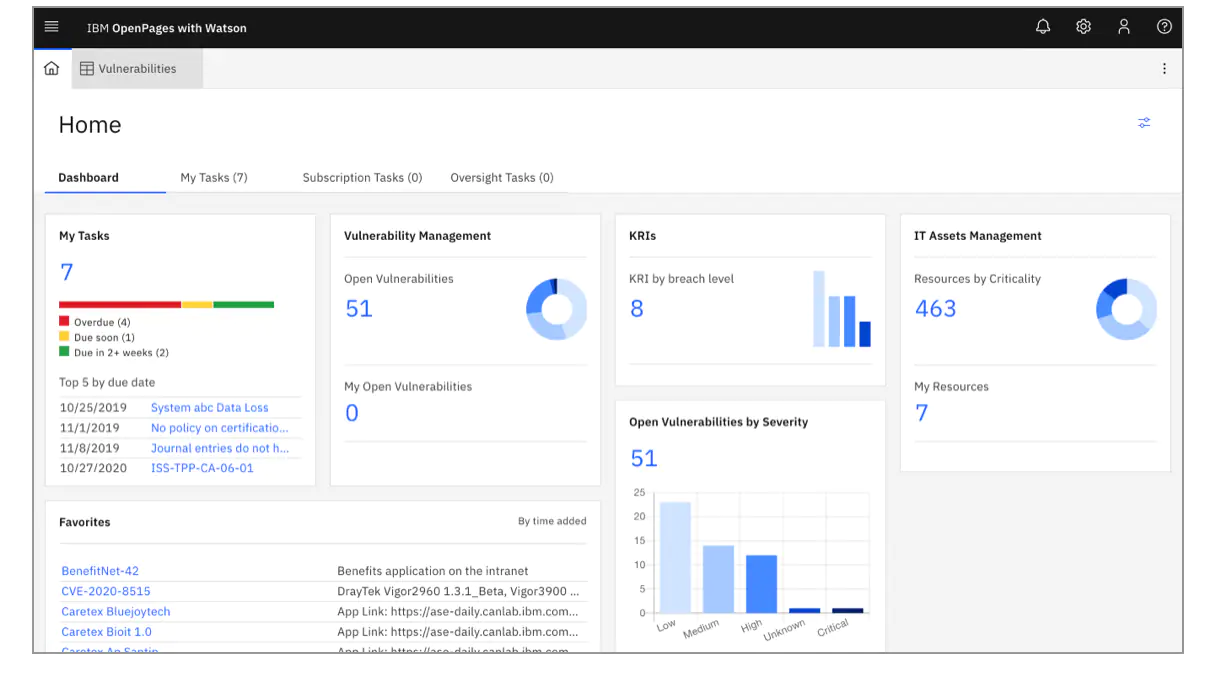
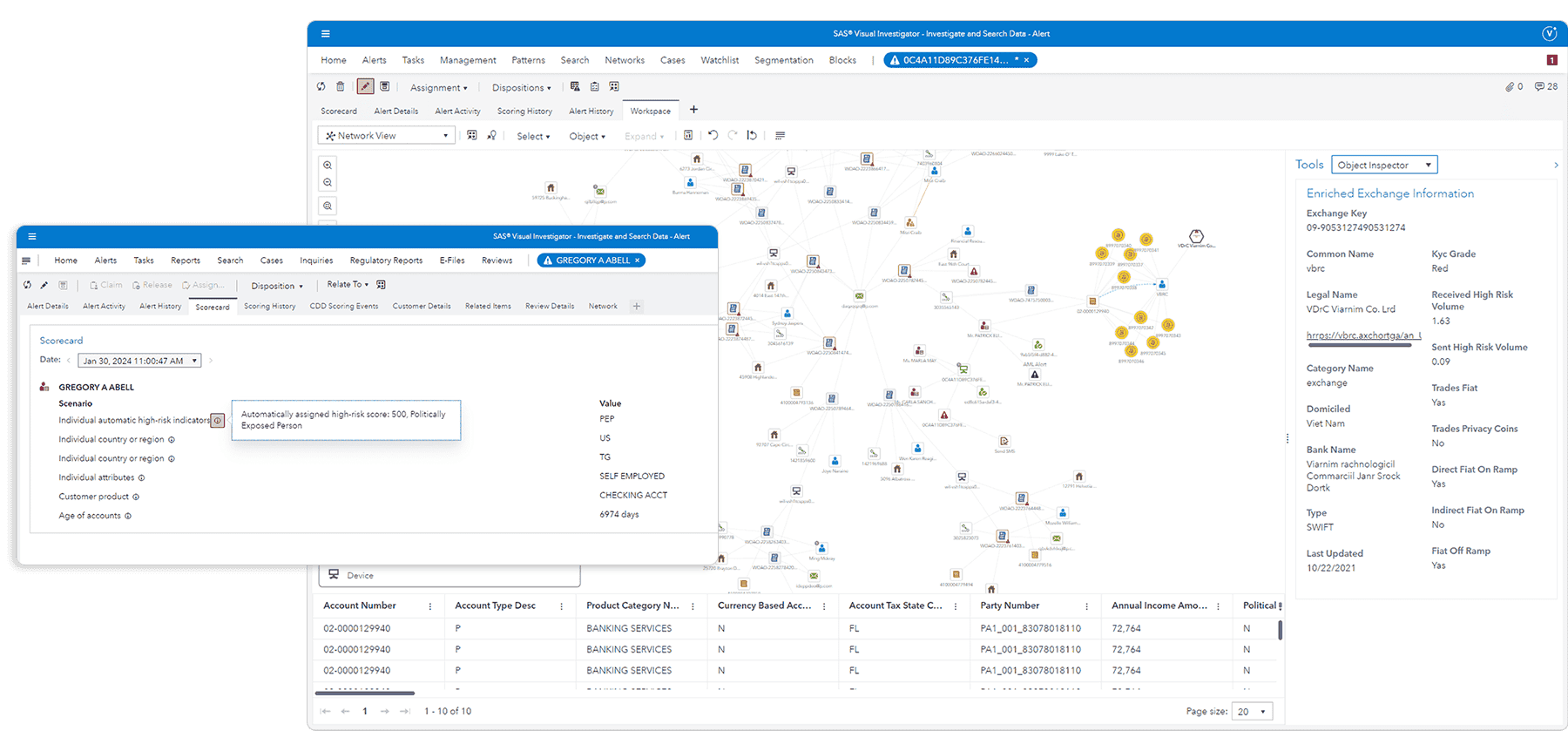
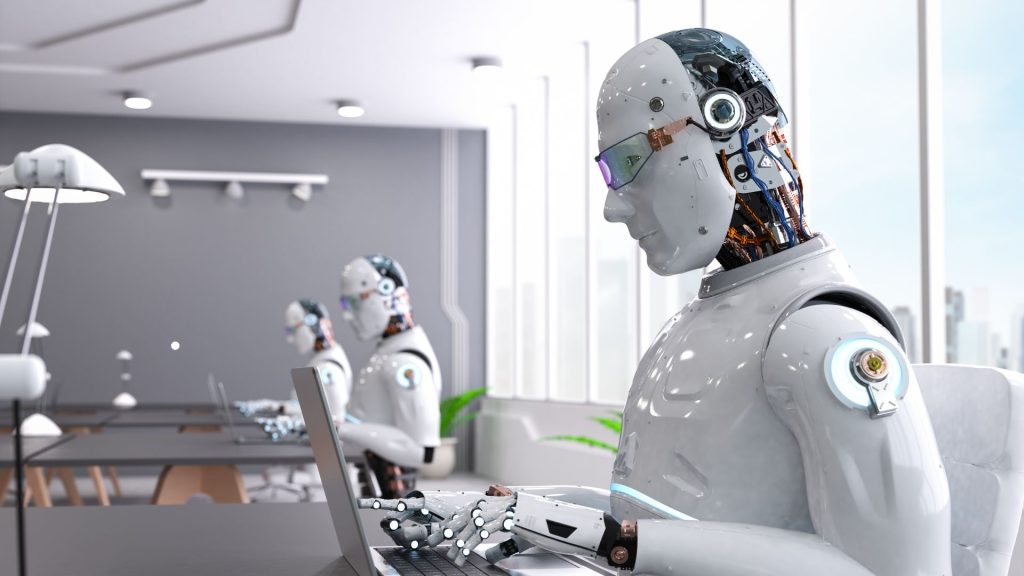

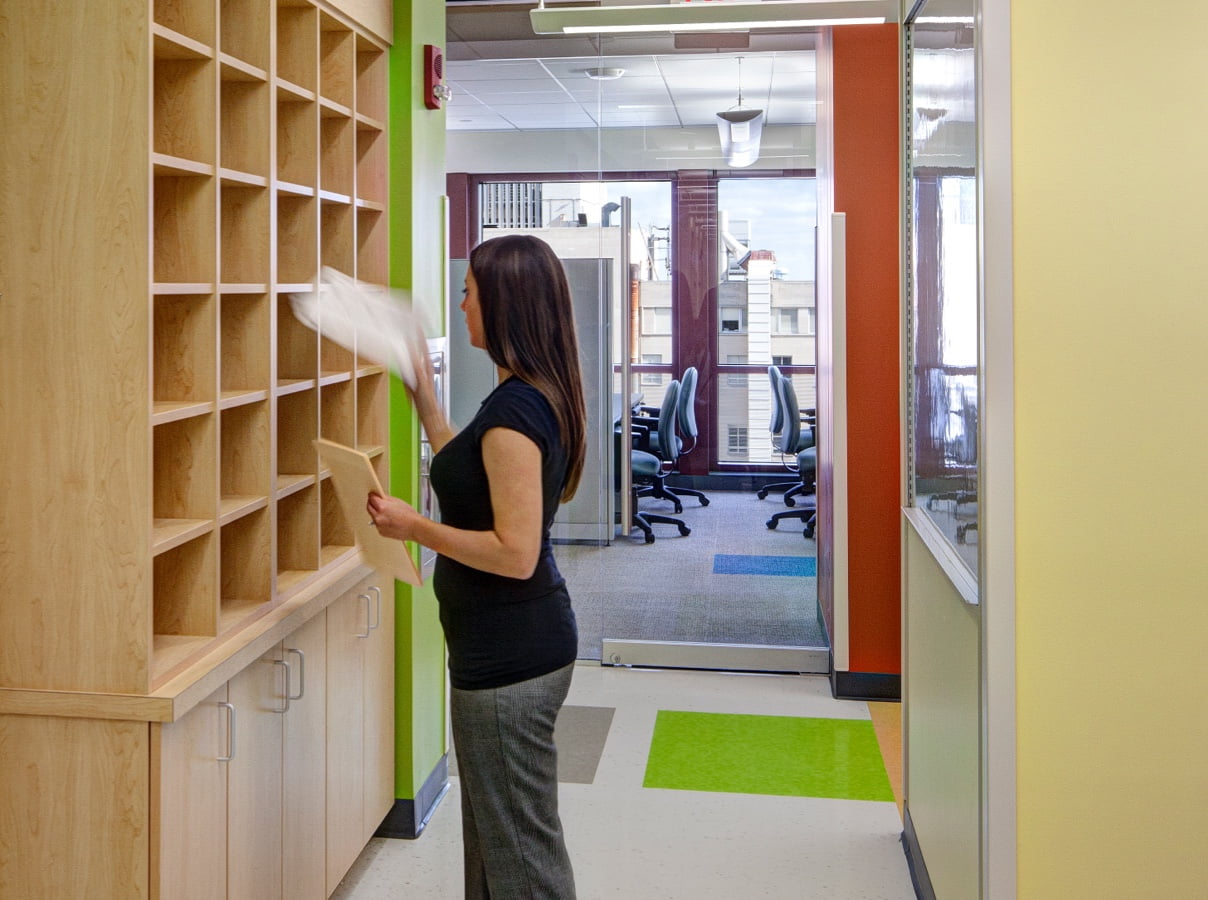


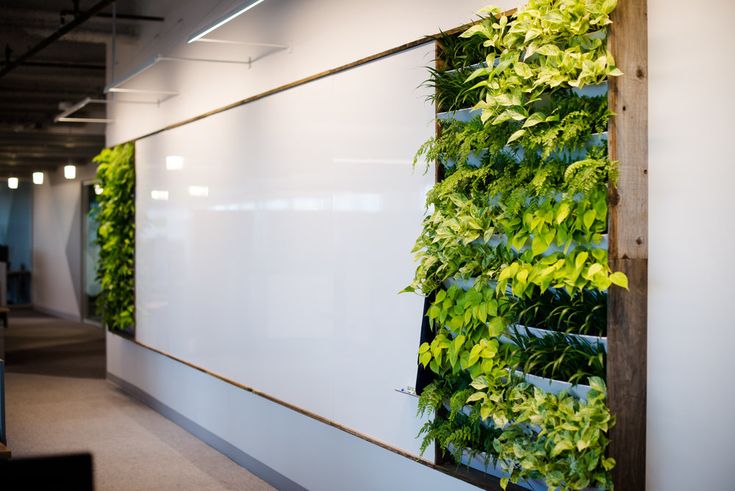




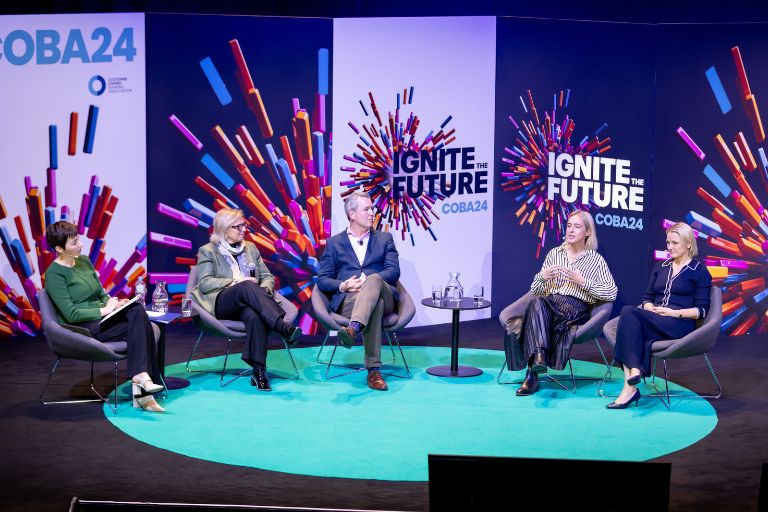






.webp)

-1.jpg)










.jpg)



























.jpeg)







